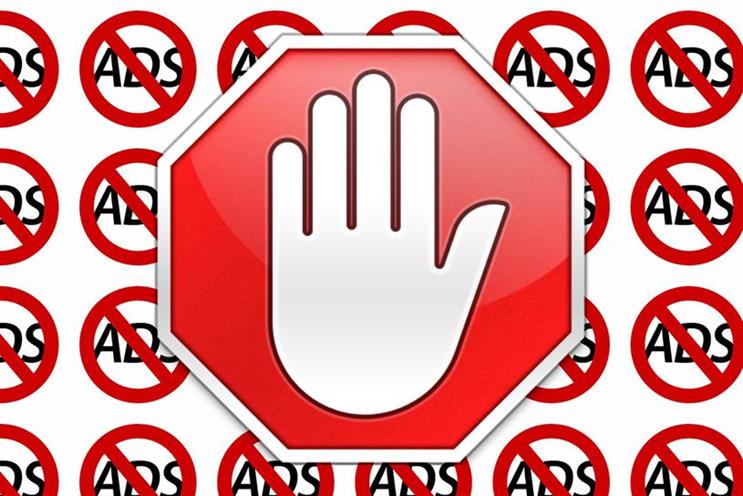
The European Union’s law-making body today proposed that proposals protecting users privacy were not regulated by the use of ad-blockers.
It said: "The proposal allows website providers to check if the end-user's device is able to receive their content, including advertisement, without obtaining the end-user's consent.
"If a website provider notes that not all content can be received by the end-user, it is up to the website provider to respond appropriately, for example by asking end-users if they use an ad-blocker and would be willing to switch it off for the respective website."
Privacy campaigners such as Think Privacy have alleged companies such as the Guardian were acting illegally by posting warning messages to ad-blocking users.
In order to clear up the legal framework around online marketing, the EC’s new rules require that no individual consent is needed for non-privacy intrusive cookies that improve internet experience, such as cookies to remember shopping cart history, or filling in online forms over several web pages.
However, users will need to agree to websites using cookies or other technologies that access information stored on their computers to track their online behaviour.
The Data Protection Authorities in the member states, which are already in charge of the rules under the General Data Protection Regulation, will enforce the rules provided in the proposal.
Breaches of the rules set out on the general data protection regulation are supposed to be enforced by data protection authorities in EU member states.
Last June the UK voted in a referendum to leave the European Union and has two years to negotiate its withdrawal after the government invokes Article 50 of the Lisbon Treaty.
Until then, EU law still stands in the UK until it stops being a member. The UK will continue to abide by EU treaties and laws but will not take part in decision-making.
Brian Kane, co-founder and chief operating officer at anti ad-blocker tech company Sourcepoint, said: "The traditional value exchange of viewing ads in return for ‘free’ content has long been implicit and we must move to a user-centric approach where multiple choices are offered in a transparent manner – whether this be a tailored, ad-light experience, or a subscription-based model.
"To achieve this, publishers need the opportunity to detect when users are running ad block software and engage them in an open, direct conversation that makes the user aware of the need for content compensation and allows them to make their own choice about how they wish to support media."




.jpg)
.jpeg)
